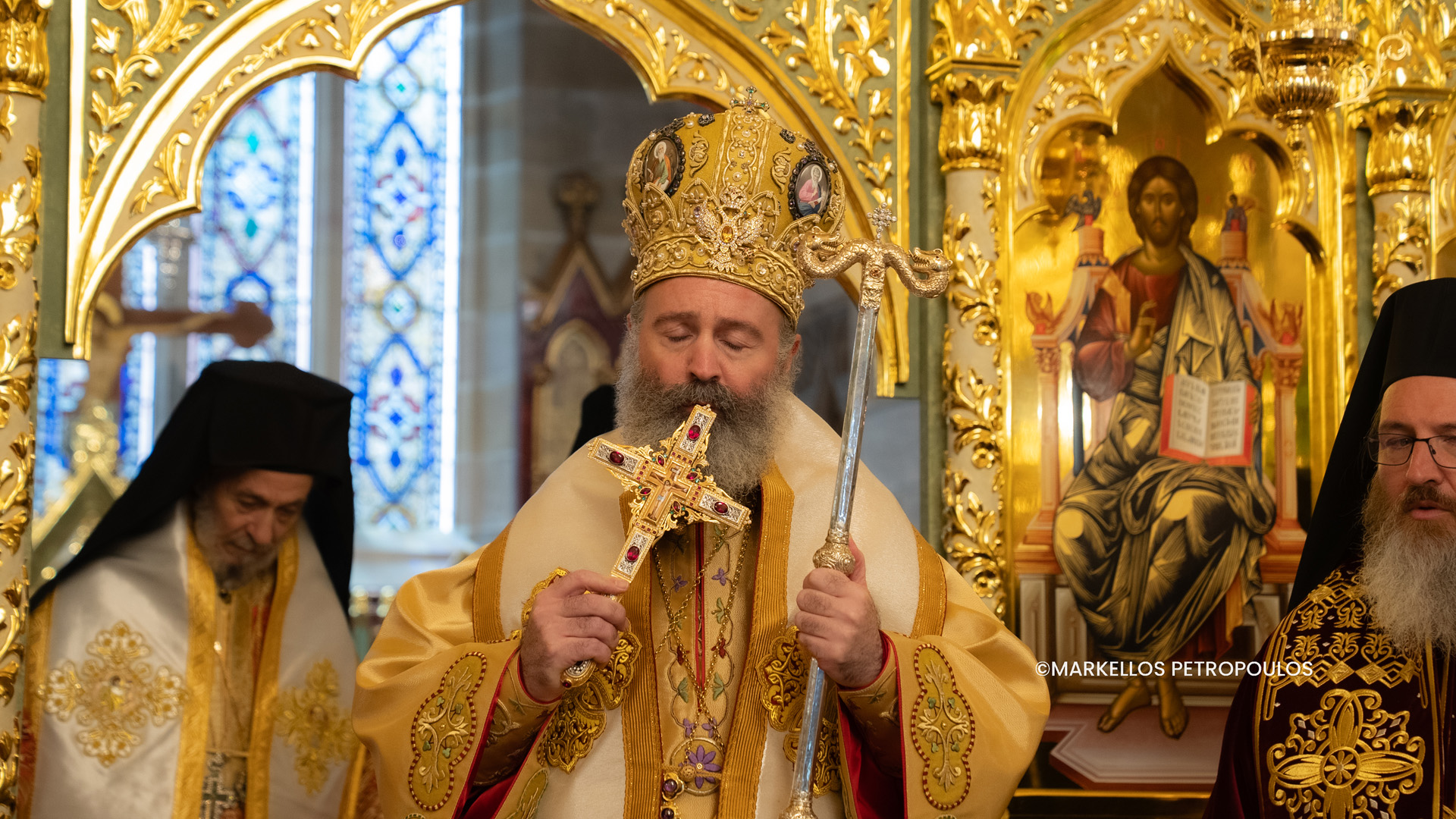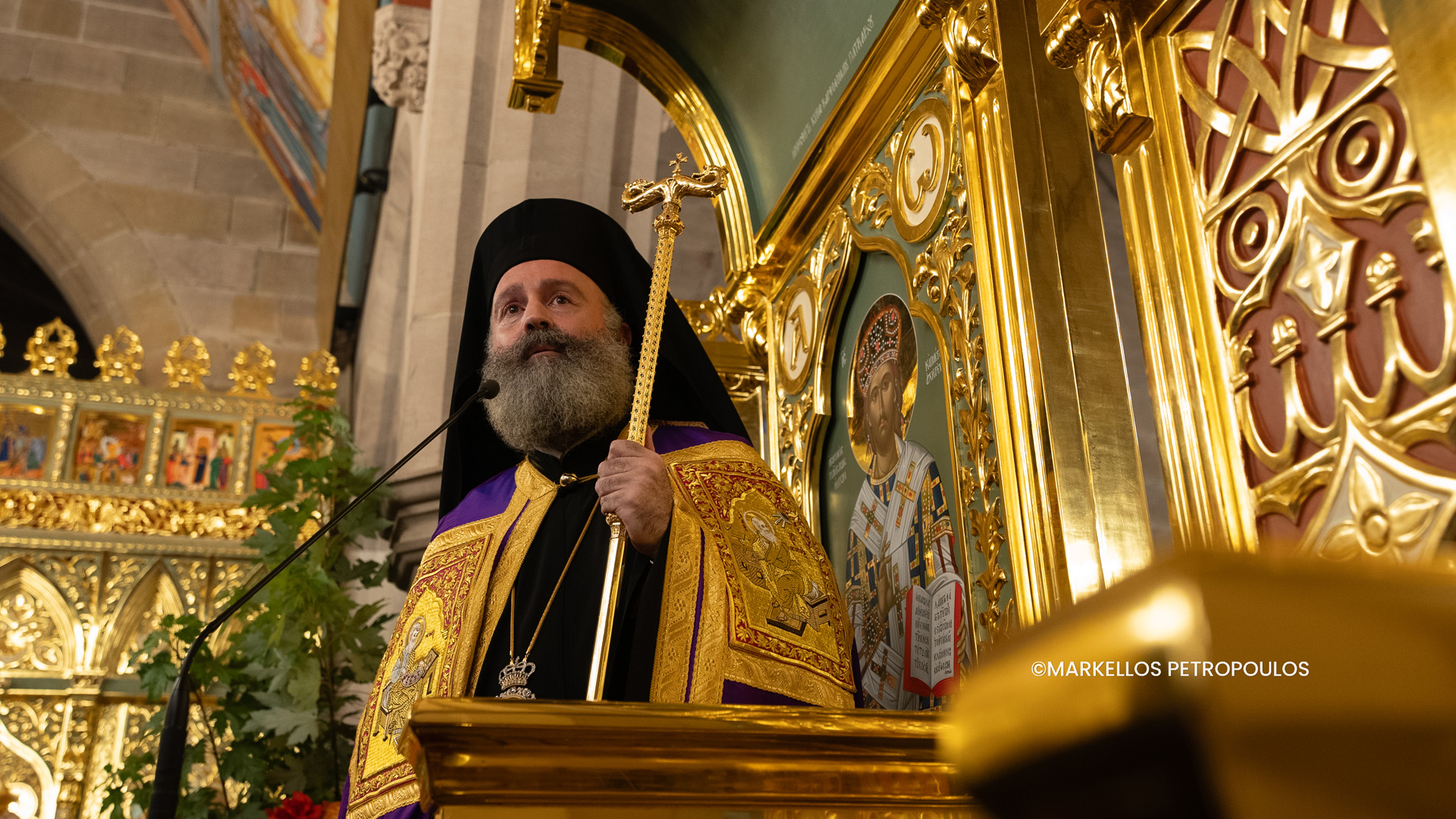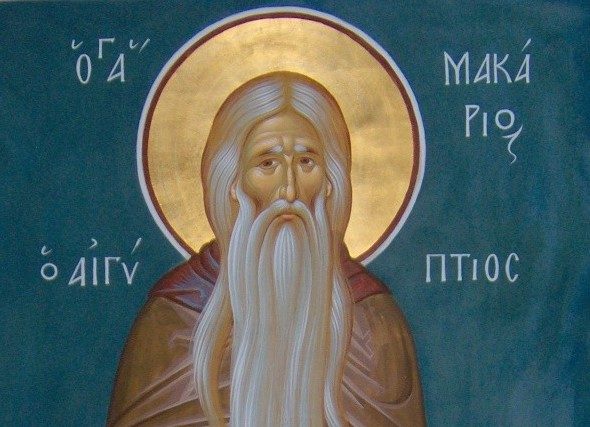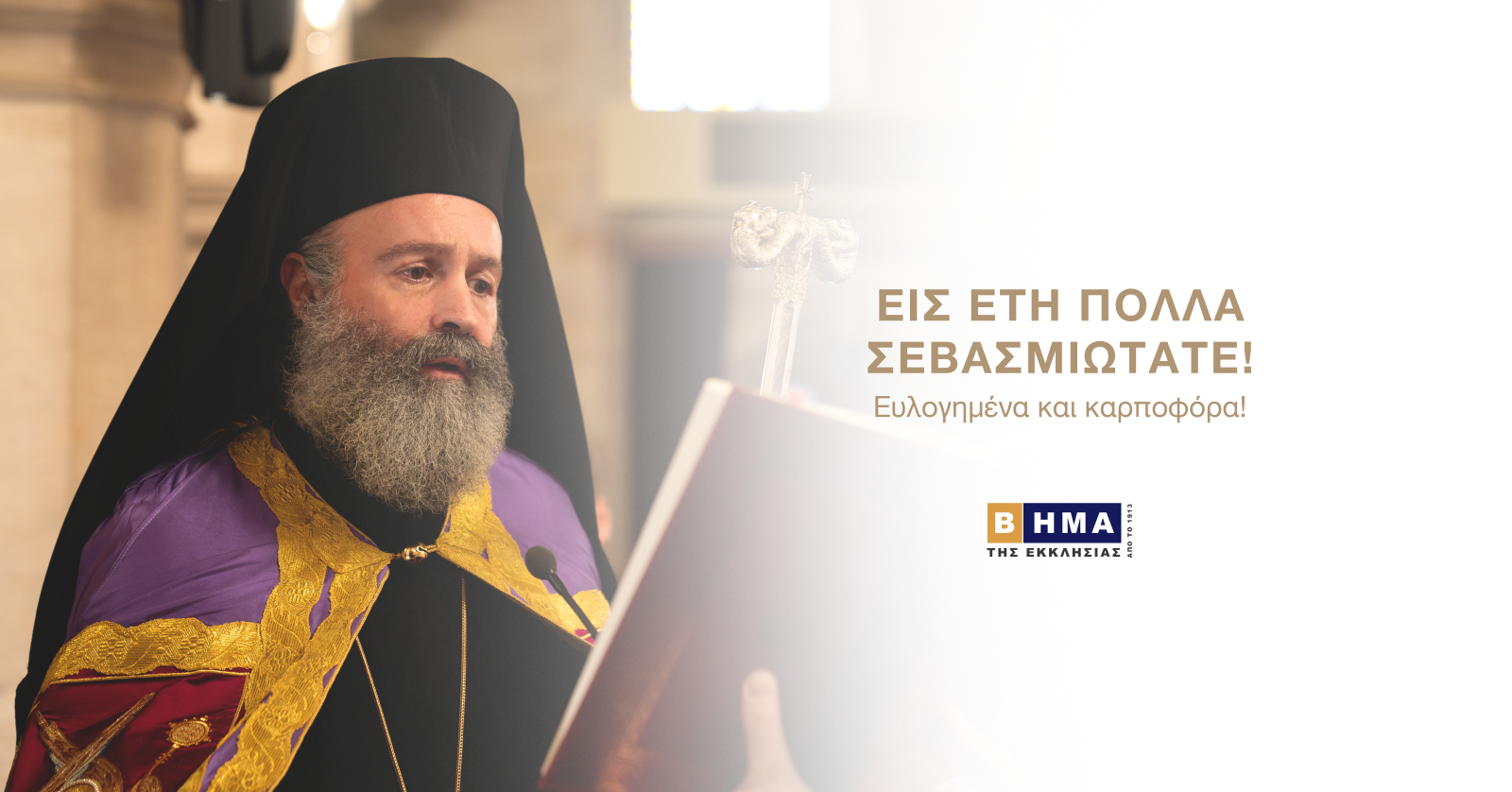Ecumenical Patriarch Bartholomew: “Dialogue fosters enriched relationships without diminishing anything”
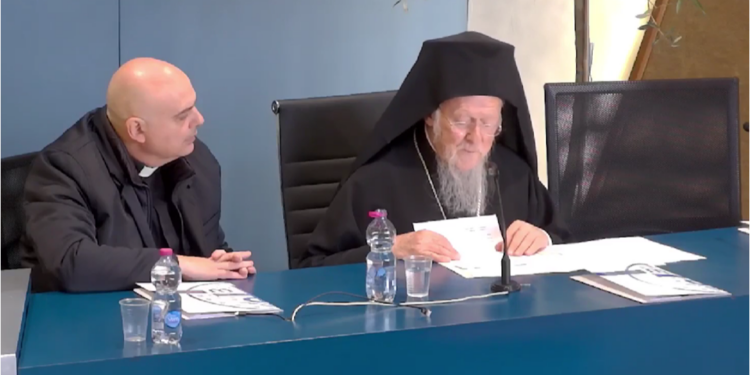

On Thursday, 23 November 2023, in Naples, His All-Holiness Ecumenical Patriarch Bartholomew received an Honorary Doctorate of Theology from the Pontifical School of Southern Italy in a special ceremony marking the beginning of the new Academic Year.
The event saw the attendance of distinguished figures including the Roman Catholic Archbishop of Naples, Hierarchs, clergy, University Professors, the city’s Mayor, and notable students.
Delivering his speech in Italian, the Ecumenical Patriarch delved into the significance of inter-church and inter-Christian dialogue. He reflected on historical events such as the efforts to reconcile East and West post the 1054 schism and the unfortunate repercussions of the “Unia” policy, characterising it as “one of the bleakest chapters in second-millennium church history, leaving lasting strains on inter-Church relations”.
His All-Holiness spotlighted pivotal moments in the 20th century, particularly the historic Patriarchal encyclicals of 1902 and 1920 that steered the Ecumenical Movement and the formation of the World Council of Churches (WCC). He also referred to his visionary predecessor Patriarch Athenagoras, who, in his Encyclical of 1952, invited all Local Orthodox Autocephalous Churches to participate in the WCC.
The Ecumenical Patriarch then referred to the initiatives and efforts undertaken by the Ecumenical Patriarchate to promote dialogue after his accession to the Patriarchal Throne of Constantinople in 1991. He outlined four fundamental points: 1) Visible unity of the Orthodox Church 2) Dialogue and cooperation with all Christian Churches 3) Dialogue and cooperation with the religions of the world and mainly with Judaism and Islam 4) Justice, Peace, Unity of Humanity and Safeguarding the Natural Environment.
Concluding his address, the Ecumenical Patriarch stressed the importance of dialogue in “fostering enriched relationships without diminishing anything”. He underlined “the Church of Constantinople’s ongoing efforts towards honest and loving dialogue to bridge divides among Christians, aiming to counteract fanaticism and conflict.”
“We are convinced that ‘the peace of God surpasses all understanding’ (Phil. 4.7), as well as that ‘love suffers long and is kind; love does not envy; love does not parade itself, is not puffed up; does not behave rudely, does not seek its own, is not provoked, thinks no evil, does not rejoice in iniquity, but rejoices in the truth; bears all things, believes all things, hopes all things, endures all things.’ (1 Cor. 13, 4-8),” he stressed.
On Wednesday, the first day of his visit to Naples, the Ecumenical Patriarch delivered a speech in Italian during the Ecumenical prayer held in the Catholic Basilica of the Mother of God. He raised concerns about the contemporary direction of humanity, citing the use of God’s name to justify atrocities, particularly referencing the war in Ukraine and its toll on human lives and refugee crises across Europe, including Italy. He wondered how those Churches, the leaders of which “do not have the courage to say no to war, will be able to sing the joy of the Nativity.”
He also referred to the refugees who found refuge in Armenia, forced to leave their lands, their homes, their holy places but also to all our fellow human beings in the world who experience a similar situation. “People ignore such things when there are no geopolitical or economic interests. But the cry of our brothers and sisters is also our cry,” the Ecumenical Patriarch pointed out. He also referred to the tragic events that are once again unfolding in the Holy Land. “But the solution isn’t the barbarity against innocent people, nor the destruction of the lives of other innocent people, including children,” he added. He emphasised that “dialogue and peace prevail over misunderstanding, while war and injustice dismantle human dignity.”
Translated by: Konstantinos Menyktas
Source: orthodoxtimes.com

